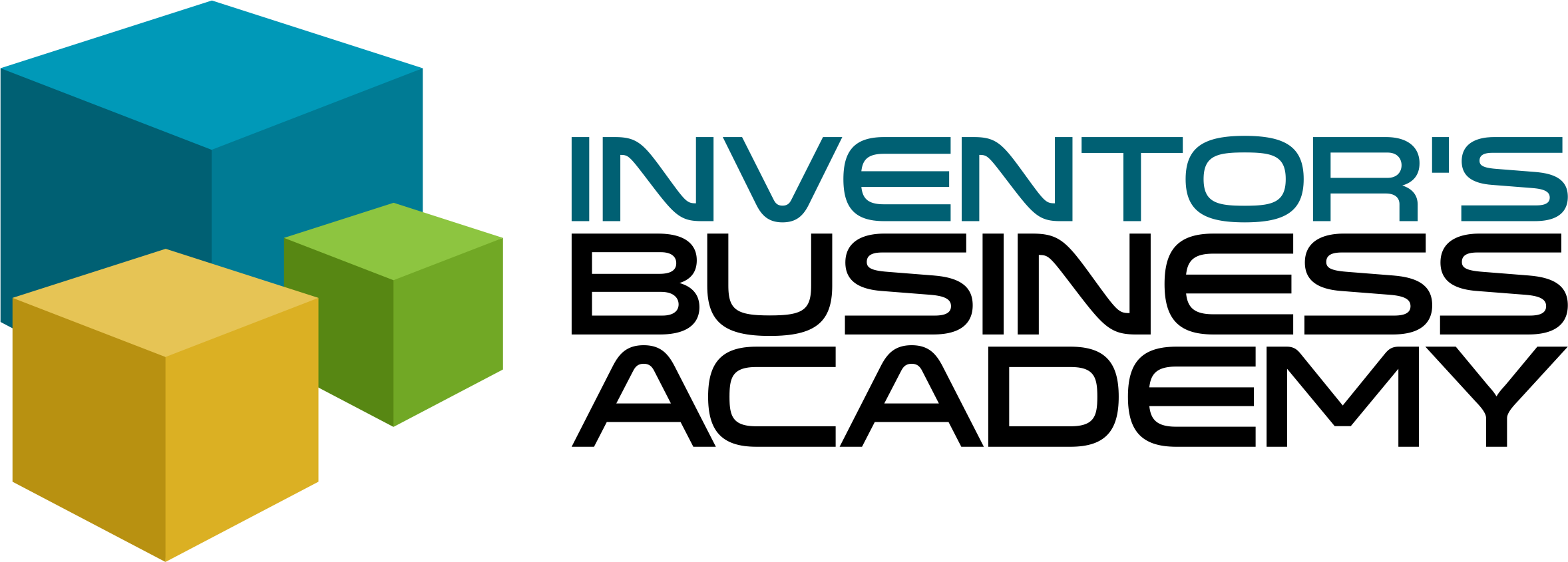This was us – my husband and our project team, about four months ago:
“Our start-up has been a struggle. Well, they all are, but usually start-ups are crazy, manic, passionate and fun.
The realization that you actually have something here, the late night strategizing, setting up the production, initializing the marketing plan (usually on a shoestring budget!), is exhilarating, exhausting….and fulfilling.
But this time is different, we seem to be diving down rabbit holes and coming back on ourselves, the marketing message doesn’t feel right, we can’t even agree on the name of the company, let alone put meaningful plans and policies in place. We know we have a fantastic product, but something isn’t gelling.
“We need to focus” I find myself saying over and over”
Actually I was completely wrong. And here’s why.
• We needed to go back to basics – why did we start the business in the first place?”
In other words we needed to “start with the why” – in the words of Simon Sinek. In his book of the same name, he says
“Very few people or companies can clearly articulate WHY they do WHAT they do. By WHY I mean your purpose, cause or belief – WHY does your company exist? WHY do you get out of bed every morning? And WHY should anyone care?”
And that is the main problem. We were confused about why we existed, and that confusion permeated everything.
We produce oil retrieval equipment. My husband invented his first machine after witnessing a boat sink at a local dock, and seeing that the clean-up process was messy and inefficient.
We thought we were an environmental company. Then we got our first contract with a Copper Mining company who also needed oil retrieval equipment – but not to save the environment, as part of their copper ore extraction process.
So what are we? Did we sell out? Did we just concentrate on the sales? No it’s much simpler than that.
We’re NOT an environmental company. Of course we care about the environment, but that’s not what gets us out of bed in the morning. It’s great that our equipment will help keep the environmental cleaner, but that’s not our passion.
Our reason for being is innovation. Problem solving.
When my husband Bob saw the ineffective clean- up operation, he was inspired to innovate, to invent a new solution to the problem that was vastly more effective than the existing solution.
That’s the reason that our company exists. That’s the reason why we started the business – we love to innovate, to solve problems.
• All our Policies and Strategies Start from our “Why”
Our marketing strategy was fuzzy. We didn’t know whether to position ourselves as an environmental company, or an industrial equipment company…..but now our true message is loud and clear – we are an “innovation” company – we solve problems.
Does that seem a little wishy washy to you? What do you innovate? – I hear you ask? “Who for?”
It doesn’t matter.
The core purpose of our company simultaneously opens up opportunities and focuses us. We are not constrained to solve problems for just one industry – we can market to all industries that we feel we can solve problems for – and this opens up more opportunities – we are far more likely to have clients say to us….’We have this problem, can you help?
We are less likely to get distracted by “shiny” opportunities that do not fit in with our core purpose – we have been approached by a company who would like us to distribute their equipment related to oil clean-up – booms and pads etc.
It is easy to turn them down because we are not a distributer or a retailer – those activities would take us away from our main activity and purpose of innovating.
Which leads me to……
• It’s not all about the profit
Of course profit is essential – we need it for the company to survive – and oh yes, we like to pay bills and eat now and then – but it’s not the point of the company.
That’s why it is easy to turn down distribution or maintenance contracts, regardless of the profit margins.
Getting distracted by these non-core activities would mean that we structure the business in a very different way.
At the moment, our structure and our team, mean that ….
• We have the right people on the bus.
What does that mean? Jim Collins, in his best selling book “Good to Great” said this….
.”To build a great organization, you must get the right people on the bus”.
Who are the ‘right people”?
The people who are as passionate about the core purpose of the business as we are.
It doesn’t mean that they all have to be innovators – in fact that would be a disaster – but they have to truly believe in what you are trying to achieve.
For example, our “numbers’ guy, Bill, came up with a great idea – “why don’t we allocate a percentage of sales to an R & D fund? That way, Bob can start tinkering with our next product…”
Bill gets that as a company we “innovate or die” , and although he may well miss out on profit sharing in the short term by allocating funds back into the company – he believes passionately in the same values as we do…and knows that the remuneration will follow.
• Everyone gets to exercise their own “super power”
Bob’s “super power” is problem solving and innovation. We’ve built a structure to allow him to ‘exercise” his power on a daily basis.
Bill’s “super power” is business numbers/admin. He gets to administer the business structure and manage the cash flow so that bills are paid, production runs smoothly and Bob gets to innovate.
My super power is marketing. I get to market the business as a technological innovating machine, get clients who need problems solved and pay us for it. So that Bill can administer the funds, keep production going smoothly, and allow Bob to keep solving problems and innovating.
It’s a beautiful thing.
• So why do so many start- ups fail?
You will have read/heard me quote “there’s no such thing as a million dollar idea, just a million dollar execution” and I stick by my words (actually they are Chris Hawker’s words)
Failure comes, I believe, when that ‘million dollar execution’ does not allow you to exercise your super power or your passion.
So many talented inventors dream of leaving their corporate cubicles to follow their dream – to live in creative freedom and make money. Yet so many fall by the wayside, not because their product or idea wasn’t good enough, but because they got so immersed in the business structures and processes and policies – the “how” and the “what”, – so they forgot their “why”.
I can teach you all the business skills you need to build a business. I can show you how to research your market, develop your product for your ideal customer, set up production systems, utilise effective marketing tools and so on.
But what I can’t do for you, is identify and nurture your passion. I can’t keep that spark ignited, the one that gets you out of bed in the morning, the one that keeps you believing in your product when everyone else around you is calling you crazy.
To build a successful business and a sustainable business, you must identify your passion – whether it’s saving the environment, helping people with digestive problems, building educational toys – whatever it was that drove you to build, create and solve a problem – then, build your business based on that passion and conviction.
I promise you that it will be worth it.



